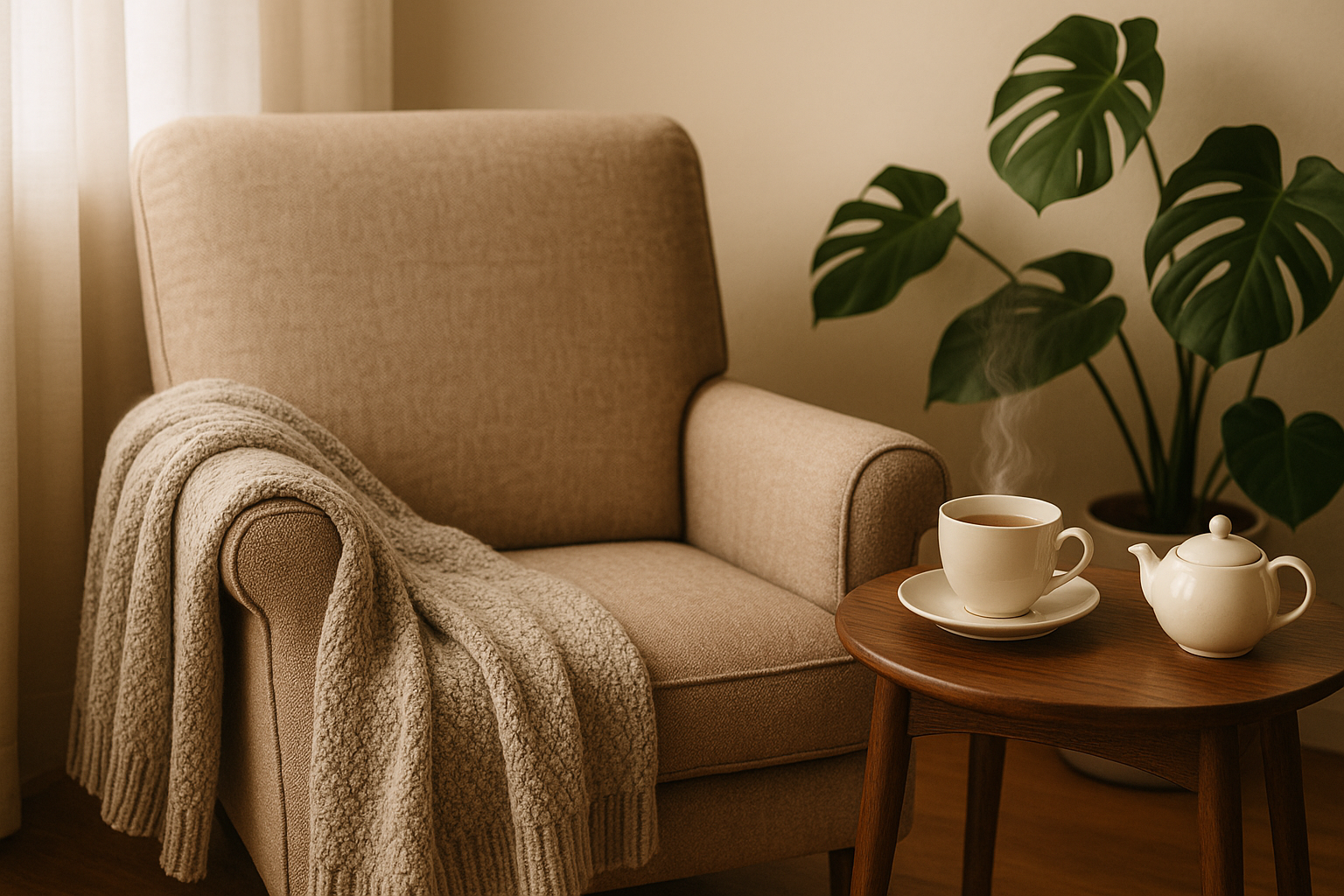
How to Prevent Caregiver Burnout: Tools and Tips
Caring for a loved one at home is one of the most meaningful roles a person can take on. But while caregiving is an act of love, it also comes with emotional, physical, and financial challenges. Many caregivers put their own needs last — which can lead to caregiver burnout: exhaustion, stress, and feelings of overwhelm that make it difficult to keep going.
At At Home Care Supplies (AHCS), we understand what caregivers face because we’ve been there ourselves. The good news? With the right strategies and supportive tools, you can protect your well-being while continuing to give your loved one the care they need.
What is Caregiver Burnout?
Caregiver burnout happens when the demands of providing daily support — such as helping with mobility, personal care, or medical needs — outweigh the caregiver’s time, energy, and resources. Signs may include:
-
Constant fatigue or trouble sleeping
-
Increased irritability or feelings of helplessness
-
Physical aches from lifting, bending, or assisting
-
Loss of interest in hobbies or social activities
-
Feeling guilty for needing time for yourself
Recognizing these signs early is key to preventing burnout before it becomes overwhelming.
Practical Tips for Caregivers
1. Build Breaks Into Your Day
Even small moments matter. A 10-minute walk, a quiet cup of tea, or listening to music can recharge your energy. Caregiving is a marathon, not a sprint — and rest is part of the process.
2. Accept Help When Offered
Family, friends, or community groups may be willing to share the load. Whether it’s preparing meals, sitting with your loved one, or running errands, saying “yes” to help benefits everyone.
3. Use Products That Reduce Physical Strain
Technology and equipment can ease both your body and mind. For example:
-
Lift chairs assist with safe, comfortable transfers.
-
Transport chairs and mobility scooters make outings possible without exhausting walks.
-
Adjustable beds reduce nighttime strain, allowing for better sleep for both caregiver and loved one.
Small investments in the right tools can save hours of physical strain — and prevent injuries that many caregivers face.
4. Stay Connected
Caregivers often feel isolated. Joining a support group (online or in person) provides encouragement and tips from others who understand.
5. Focus on Health Basics
Healthy meals, regular exercise, and enough sleep may sound simple, but they are often the first things caregivers neglect. Prioritizing your health isn’t selfish — it’s essential.
AHCS: Here to Support You
At AHCS, our mission is to make caregiving at home easier and more affordable. Every product we carry — from walkers and scooters to lift chairs and adjustable beds — is chosen with both care recipients and caregivers in mind. We believe that with the right support, families can spend less time struggling with logistics and more time cherishing meaningful moments together.
✅ Takeaway: Caregiving doesn’t have to come at the expense of your health. By combining self-care, support systems, and practical home care solutions, you can prevent burnout and provide the best care possible — for your loved one and yourself.

